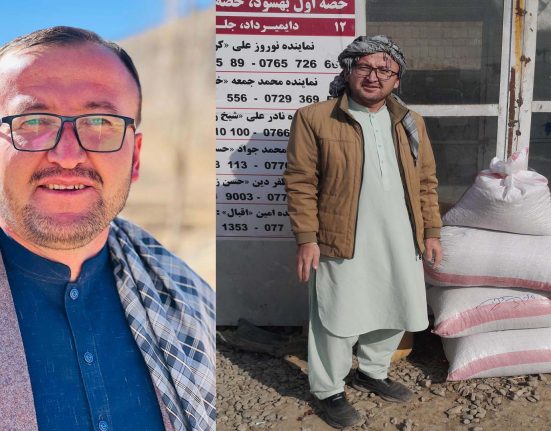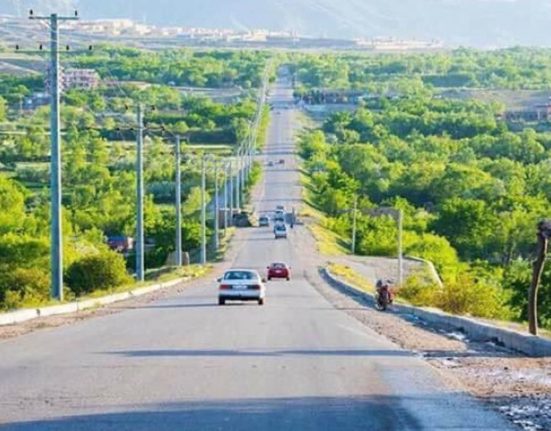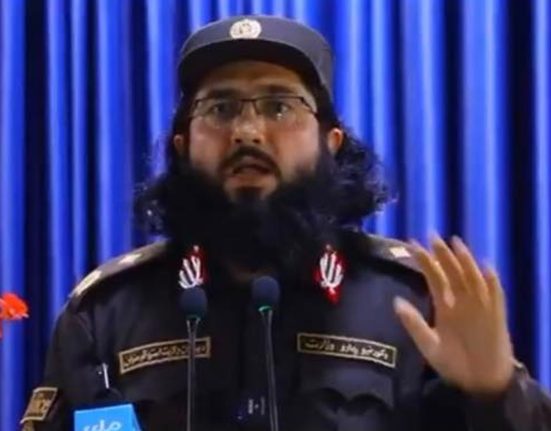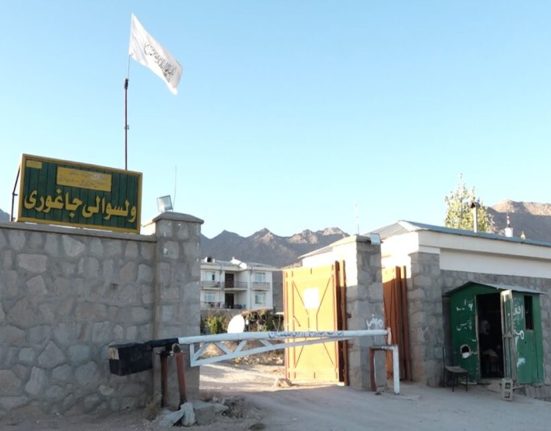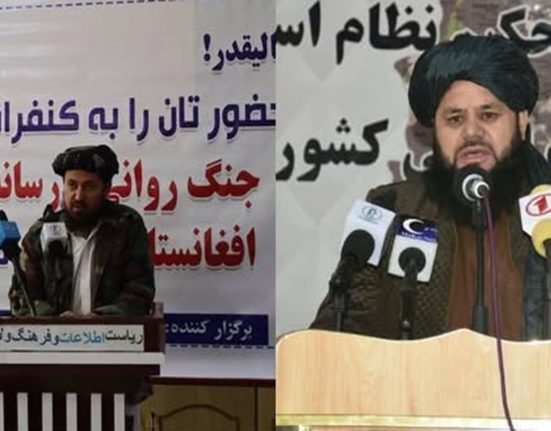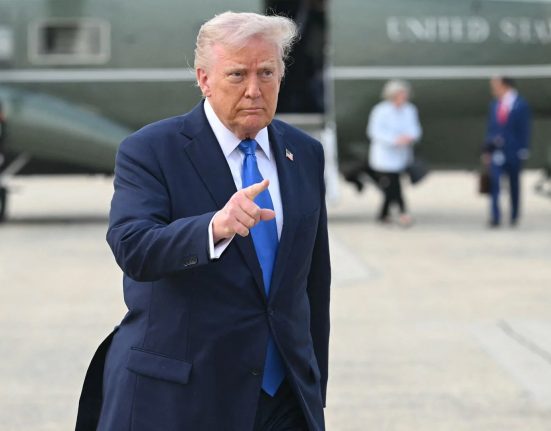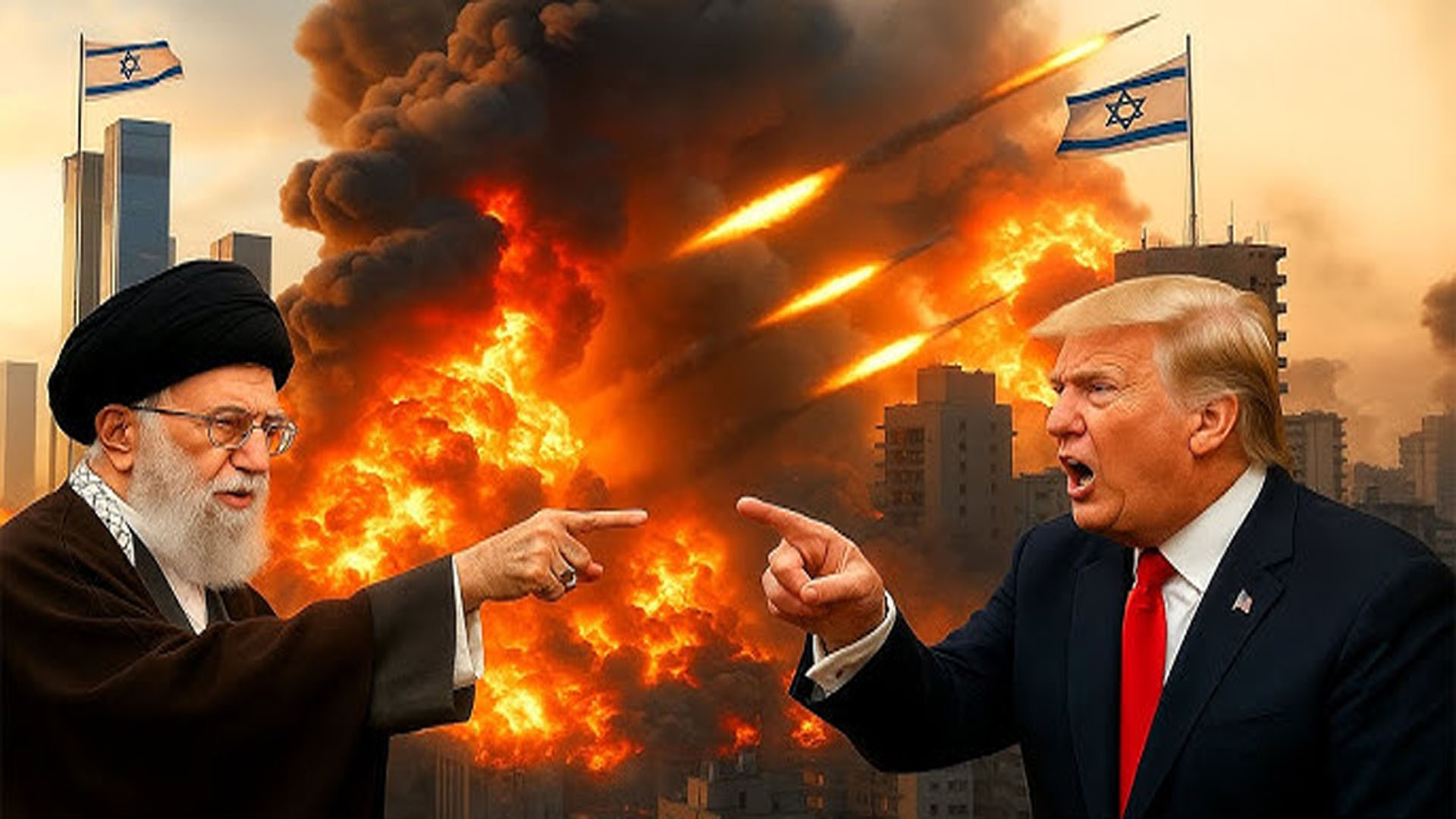
The recent US attacks on Iranian nuclear facilities have sparked strong international and regional reactions and have made the atmosphere in the Middle East more tense.
Chinese Foreign Minister Wang Yi warned Washington: “Instead of relying on diplomacy, the US is sending the wrong message that disputes can be resolved by force, an action that could have dangerous consequences.”
Turkey has also reacted sharply. President Recep Tayyip Erdogan stressed: “We do not accept attacks on Iranian sovereignty and we will not remain silent in the face of them.” He warned that they are trying to prevent these tensions from turning into a “greater disaster.”
On the other hand, Russia has expressed deep concern and stated that there are only “a few steps to catastrophic decisions.”
In Iran, President Masoud Pezzekian, emphasizing that “they did not start the war,” warned: “An aggression against Greater Iran will not go unanswered.”
There are also significant movements on the military level. The Qatari Ministry of Defense has announced that missiles fired by Iran at targets in the region did not cause any casualties and that the country’s airspace remains safe. At the same time, the US embassy in Doha has advised its citizens to stay home until further notice.
In Europe, the US attack on Iran has even overshadowed the NATO summit in The Hague. The meeting, which was supposed to send a strategic message to Moscow and Washington, has now become a major focus of concerns about the spread of military conflict in the Middle East.
Al-Udeid Air Base in Qatar, which hosts about 10,000 American troops, is one of the possible targets announced by the Islamic Republic in response to the recent US attack.


